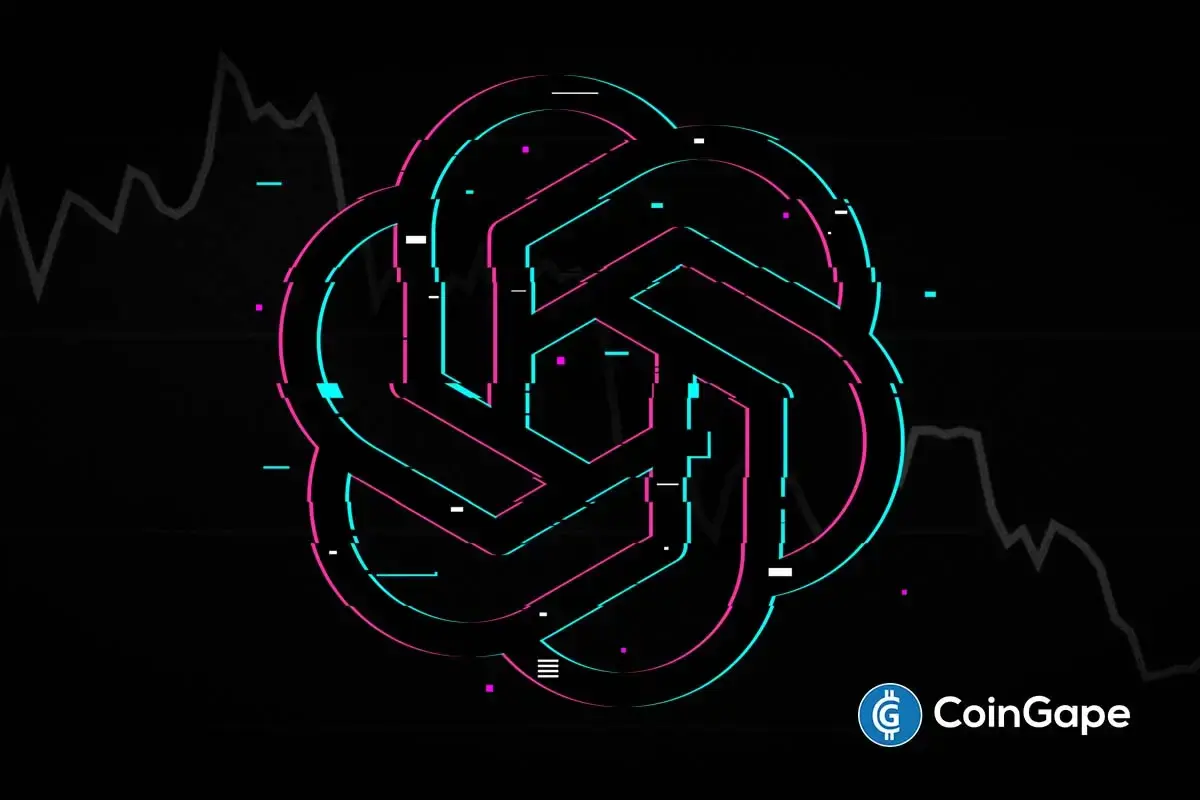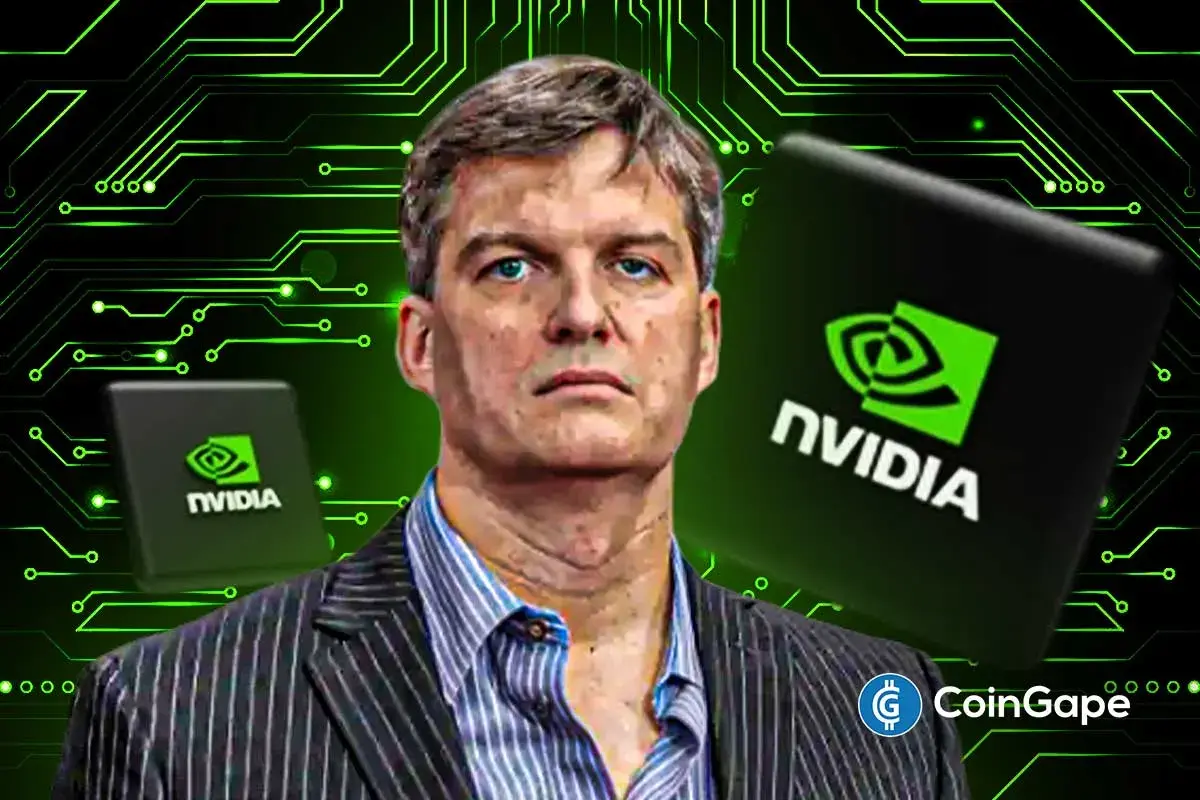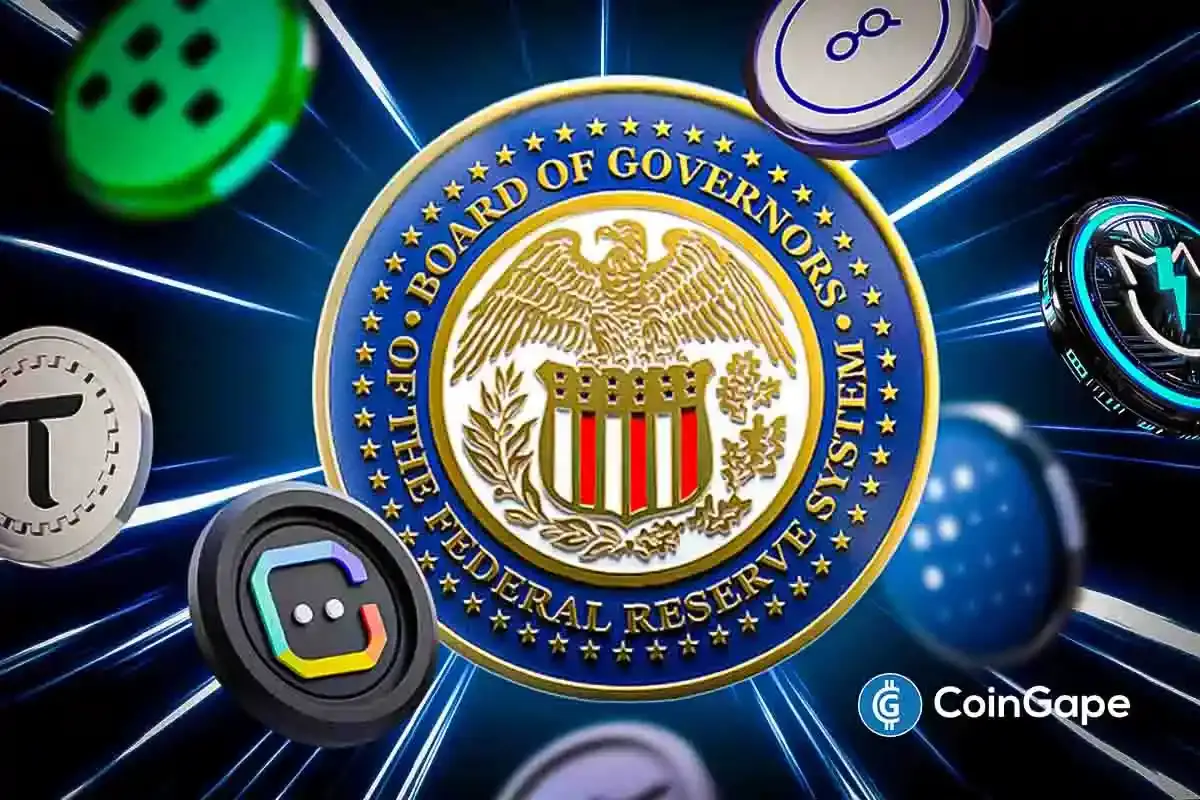Vitalik Buterin Unpacks Pros & Cons Of AI-Crypto Fusion

Vitalik Buterin, Co-Founder of Ethereum (ETH), recently delved into the dynamics of the integration between the crypto industry and artificial intelligence (AI). In a recent report, he shed light on both promising prospects and notable challenges regarding the integration of AI in crypto.
Vitalik Buterin Explores AI In DeFi & Gaming Ecosystems
Vitalik Buterin categorizes the interactions between AI and blockchain into four distinct groups, providing a simplified explanation of the multifaceted dynamics. The first category delves into AI as a player in a game, shedding light on its role in decentralized financial (DeFi) ecosystems such as exchanges and prediction markets. However, this also brings to light the historical presence of AI arbitrage bots, hinting at potential challenges related to algorithmic trading and market manipulation.
In addition, the report scrutinizes AI as an interface to the game, emphasizing the positive aspects of AI assisting users in navigating the complexities of the crypto world. Nonetheless, it cautions about potential risks, particularly in the context of adversarial machine learning attacks. Moreover, Buterin urges careful consideration of security measures to protect users from potential threats and scams.
Also Read: AI Revolution Beyond Tech: Goldman Sachs Sees Productivity Surge
AI In Smart Contracts, DAOs, And Beyond
The third category introduces the idea of AI as the rules of the game, where AIs are integrated into blockchain smart contracts or DAOs to make subjective decisions. Despite the potential benefits, Vitalik Buterin acknowledges the considerable challenges posed by adversarial machine learning. This raises concerns about the vulnerability of open-source AI models to exploitation and manipulation.
Furthermore, the report doesn’t shy away from addressing the negative points associated with the integration of crypto and AI. Notably, the report also highlighted potential risks associated with hostile machine-learning attacks. Buterin noted that bad actors can exploit vulnerabilities in AI models, posing threats to the security and integrity of blockchain applications.
He added that transparency in AI models is crucial but it becomes a vulnerability, leading to manipulation. In addition, he noted robust security measures are essential to counterattacks. In the final category, where AI is considered the objective of the game, Buterin explores the potential for decentralized AIs with applications beyond the crypto space.
Whilst, he stated that this concept aims to enhance AI safety and introduce democratic governance. Additionally, the report acknowledged the ambitious nature of the venture, raising concerns about the practicality and potential pitfalls associated with creating a singular, decentralized, trusted AI.
Also Read: Is Microsoft CEO Satya Nadella Tapping India For AI Advancement?
Play 10,000+ Casino Games at BC Game with Ease
- Instant Deposits And Withdrawals
- Crypto Casino And Sports Betting
- Exclusive Bonuses And Rewards

- USDT And USAT Get Adoption Boost as Tether Invests in Whop for Faster Settlements
- BTC Price Rises as U.S. Plans to Hold Trump Tariffs on China Steady
- Crypto Market Soars on Rumors of Trump’s 0% Tax Policy for Digital Assets
- Hong Kong Set to Launch Tokenized Bond Platform and Issue First Stablecoin Licenses
- US Senator Launches Probe Into Binance After Fortune Report on Sanctions Violations
- COIN Stock Price Prediction as Wall Street Pros Forecast a 62% Surge
- Cardano Price Signals Rebound as Whales Accumulate 819M ADA
- Sui Price Eyes Recovery as Third Spot SUI ETF Debuts on Nasdaq
- Pi Network Price Eyes a 30% Jump as Migrations Jumps to 16M
- Will Ethereum Price Dip to $1,500 as Vitalik Buterin Continues Selling ETH?
- XRP Price Outlook as Clarity Act Passage Odds Plunge to 53%

 Buy Presale
Buy Presale

















